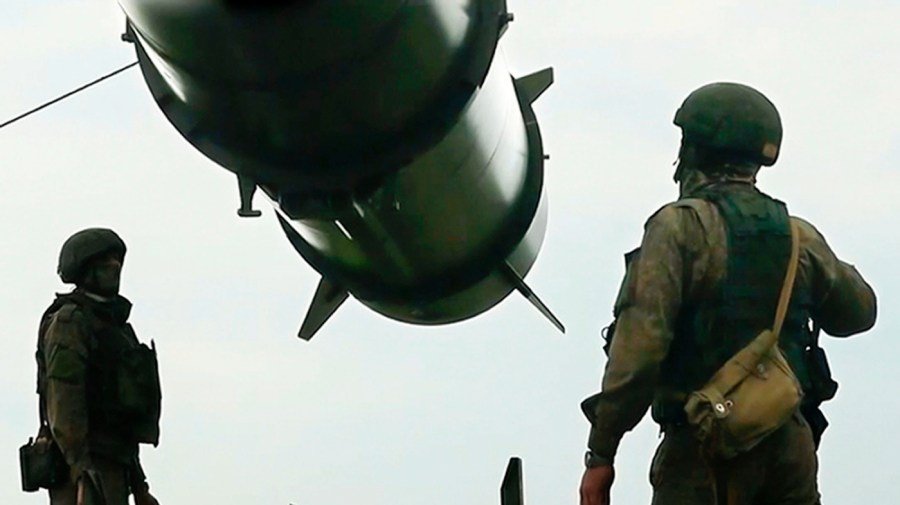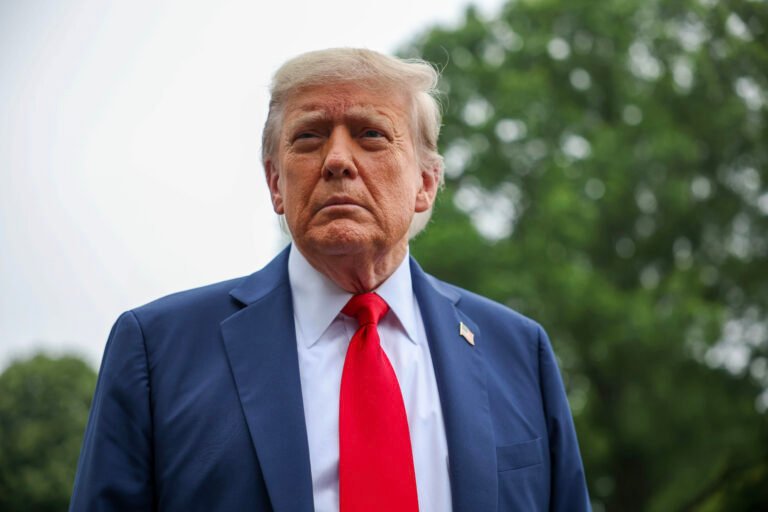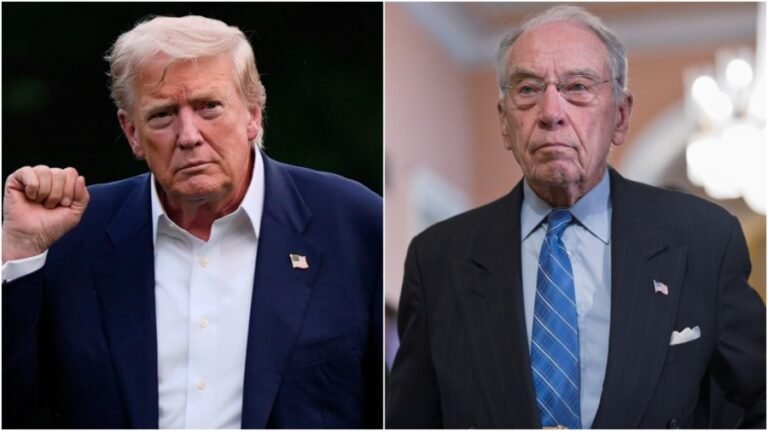
It feels like we’re living in unprecedented times.
Political divisions rack the U.S. and the world. The war between Ukraine and Russia has brought unforeseen advances in drone warfare. The foreign policy arena feels like a powder keg dangerously close to open flames.
Of course, over the last few weeks, we’ve all been reminded of the terrifying reality of nuclear weapons following U.S. and Israeli strikes against Iran’s nuclear program. Questions about these weapons are once again on the minds of policymakers and the public.
Though it may feel like new territory, we may look to the past to help us navigate these turbulent times.
This month marks the 70th anniversary of the Russell-Einstein Manifesto, written in the wake of the atomic bombing of Hiroshima and Nagasaki in 1945, when the U.S. and Soviet Union were racing to create even more destructive weapons.
In this context, philosopher Bertrand Russell and physicist Albert Einstein crafted a powerful statement transcending political ideologies, group identities and national borders. Their message was simple yet powerful: “Remember your humanity, and forget the rest.”
They warned of the calamity of nuclear war. After the invention of the atomic bomb, war was no longer about fortifications and sieges. It was no longer a question of winners and losers but of “will any of us be left?” Humanity faced the threat of extinction.
Though memories of the Cold War are quickly fading, we must acknowledge that the world Russell and Einstein warned against persists and is, in some ways, more worrisome now.
Nine governments are known to possess nuclear weapons. Nuclear arsenals have unfathomable destructive power. As the recent events in Europe and the Middle East demonstrate, these weapons are still a threat.
Given these realities, many suggest the manifesto’s vision of international cooperation and nuclear disarmament was naïve. But this misses the point.
The manifesto never said the path to disarmament or peace would be easy. Instead, it noted that the renunciation of nuclear weapons and the abolition of war were the keys to human survival.
The fact that this vision hasn’t been achieved does not invalidate it as an aspiration; it makes it more urgent.
What can be done to address this urgency?
One step would be for the nuclear powers to credibly announce a no-first-use policy. To date, only China and India have formally committed to refrain from using nuclear weapons in initial strikes against others. The other nuclear powers could adopt a similar policy.
The U.S. and Russian governments could reinvigorate the New Strategic Arms Reduction Treaty (New START Treaty) which seeks to limit nuclear capabilities. The Russian government suspended participation in New START in February 2023 in response to tensions over Ukraine. The treaty is set to expire in February 2026.
Though governments got us into this mess, governments alone can’t get us out. Politicians have a weak incentive to consider reducing, if not altogether abolishing, nuclear weapons absent sufficient pressure. The same goes for governments seeking to obtain them.
The Russell-Einstein Manifesto inspired many to take up the cause of nuclear disarmament. The Pugwash Conferences on Science and World Affairs brought together scholars from many disciplines to discuss peaceful solutions to conflict. These types of gatherings are still needed.
But the real solution is everyday people.
Nuclear weapons may seem beyond our control, but the ideals and opinions of citizens may be the most critical factor in limiting them and war. Ordinary citizens could be the source of pressure that pushes their governments in the right direction.
This is not a utopian dream. Historian Lawrence Wittner highlights the crucial, yet often overlooked role that citizen-based organizations have played in limiting the spread and use of nuclear weapons.
But for this to work, citizens must take an interest and recognize their power over their governments.
At the heart of the Russell-Einstein Manifesto was a straightforward, yet powerful question: “Shall we put an end to the human race; or shall mankind renounce war?”
As we recognize the 70th anniversary of its publication, we would all do well to reflect on our answer.
Abigail R. Hall is an associate professor of economics at the University of Tampa and a senior fellow at the Independent Institute. Christopher J. Coyne is a professor of economics at George Mason University and a senior fellow at the Independent Institute. They are the coauthors of the book “How to Run Wars: A Confidential Playbook for the National Security Elite.”


